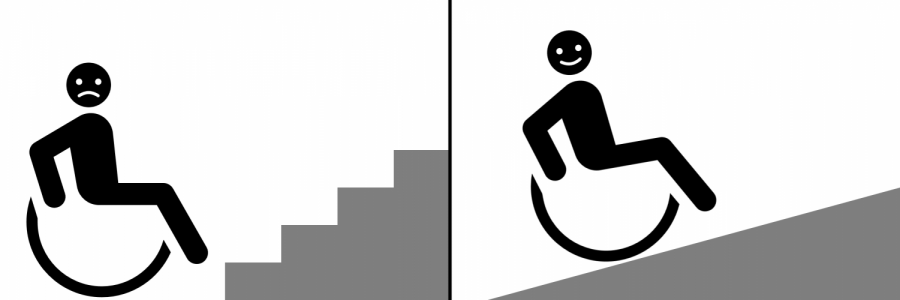Disability Justice Panel encouraged student voices, calls to action
Students with disabilities urged De Anza College to increase accessibility and learning resources at the Disability Student Justice Panel on Feb. 25.
The panel invited a diverse range of students with visible and invisible disabilities to discuss their experiences on campus and the portrayal of people with disabilities in the media.
These students called on De Anza not only to host inclusivity panels but take legitimate steps toward increasing accessibility.
“To reach justice, people need to act,” said Chesa Caparas, the event coordinator. “There is this diversity of disabilities and we can’t just handpick. We have to be mindful of creating (ability and need)-based adjustments.”
One student who helped plan the panel, Luke Makinson, said it was important for students to voice their concerns themselves.
“It was always adults or people who aren’t students speaking about their experiences and (students) had to empathize rather than be the one leading the conversation,” said Makinson, a 17-year-old electronic media major.
Sunnie Chen, a 22-year-old student speaker, also said listening to students with disabilities will help make De Anza more inclusive.
“It is especially important for those who hold power in making decisions regarding equity regulation and enforcement and academic conduct to be at (future) meeting spaces,” said Chen. “Student voices need to be heard, especially minorities.”
Makison added that conversations with faculty about accessibility have not always been easy. While many professors understood individual student needs, large-scale change can be brushed under the rug.
“It’s a very consistent tune with any issue that requires action,” said Makinson. “It’s probably going to be like ‘It’s great to hear from you, we’ll have another one of these events another time to discuss this.’”
Students with disabilities and advocates for disability justice can reach out to the Ability Club for additional information.



